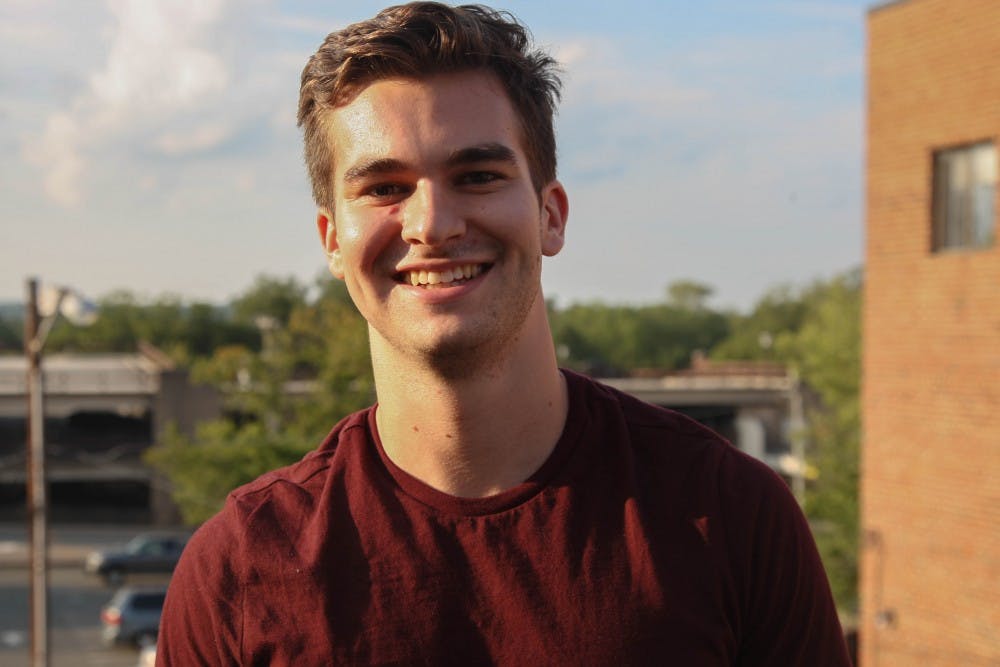For a few years during my childhood, I grappled with an existential fear of dying. I loathed getting into cars, going on planes or just falling asleep — losing my consciousness and drifting into the unknown resembled death a little too closely. I remember being 12 and staring helplessly at my bedroom ceiling the night after watching the "Planet of the Apes" reboot movie. Not because superhuman apes ruled society, but because a pandemic was able to kill 99 percent of humans, and that seemed both possible and entirely out of my control.
While the novel coronavirus likely won’t relegate our society to being overrun by apes, it forces those of us with anxiety to confront our most inherent fears. Headlines revolve around exponential increases in American deaths. An ordinary trip to the grocery store or gas station is now potentially fatal. Any semblance of a social life is now obsolete.
Fears are as biological as any virus, simple byproducts of evolution and our environment. We all carry them with us — whether it’s a fear of dying, loneliness or forgetting to mute while Zooming on the toilet. But I truly believe, even for someone as anxious as I’ve been in my past, that we can control the extent to which our fear consumes us.
I was long a skeptic of meditation; the idea of sitting down and doing nothing seemed not only boring but a complete waste of my time.
I was a believer in Descartes’ “I think, therefore I am” philosophy, so shifting my focus to breathing over thinking seemed reductive. My first few attempts at the practice only reinforced that notion, but it was more difficult than I had thought.
Random thought patterns flooded my mind and distracted my focus. I thought meditation itself was creating this flurry of thoughts until I realized that they were always there, I was just beginning to be aware of them. It’s like recognizing shapes in the clouds that only drift away with the wind once you label them. It’s a blue sky, clear-headed feeling, and when I become flustered or anxious I know I can always return to it. It’s not an escape but rather a conscious grounding in the present to allow any worries about the past or future to dissipate.
I was even more skeptical that I would find myself doing yoga. I thought that this practice was geared entirely toward women, but it has only recently been gendered as feminine by Western society. I’ve been meditating for more than a year, but have just started doing yoga consistently since quarantine began. It’s a simple way to get my blood pumping in the morning, a necessity to shed off Insomnia cookies from the night before.
More importantly, it connects my breath to my body. By letting my breath relax my inflexible muscles, I can better use my breath to relax my mind. I find by doing a Vinyasa yoga flow in the morning I can find more focus and grounding in my meditations later on, generating a more relaxed and happy mood throughout the day.
YouTube has a plethora of free yoga flow videos. "Yoga With Adriene" is one of the better channels for inflexible beginners (like myself), and I highly recommend downloading either Calm or Headspace for free guided meditation.



